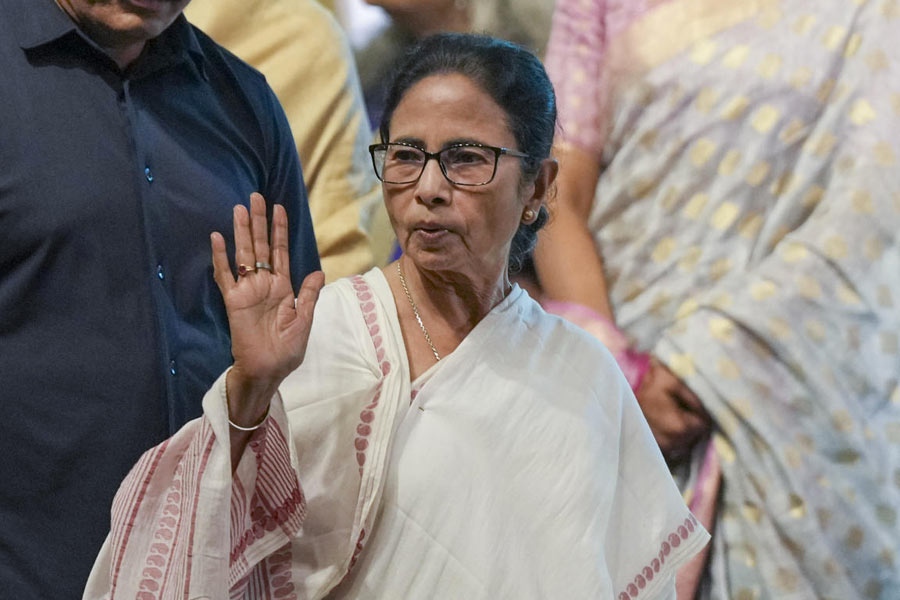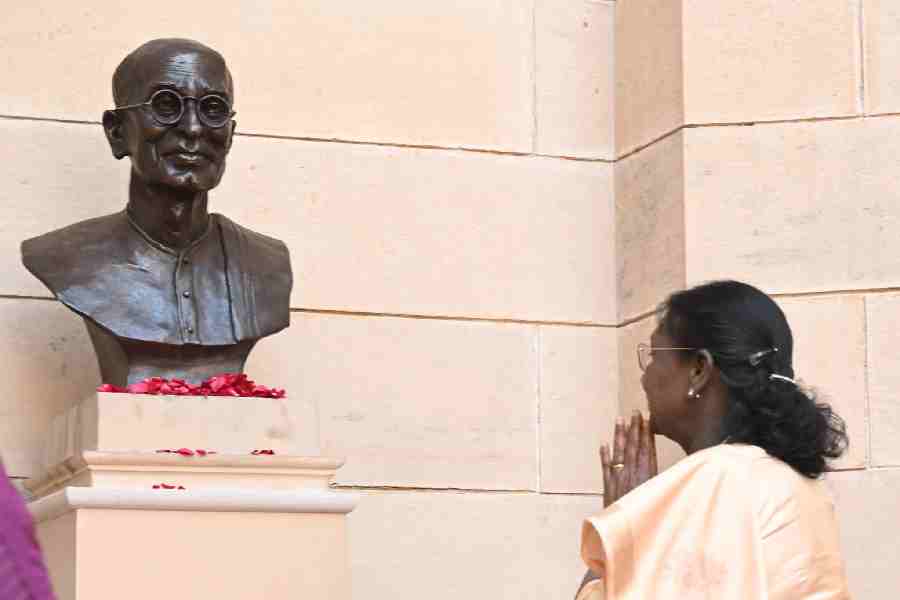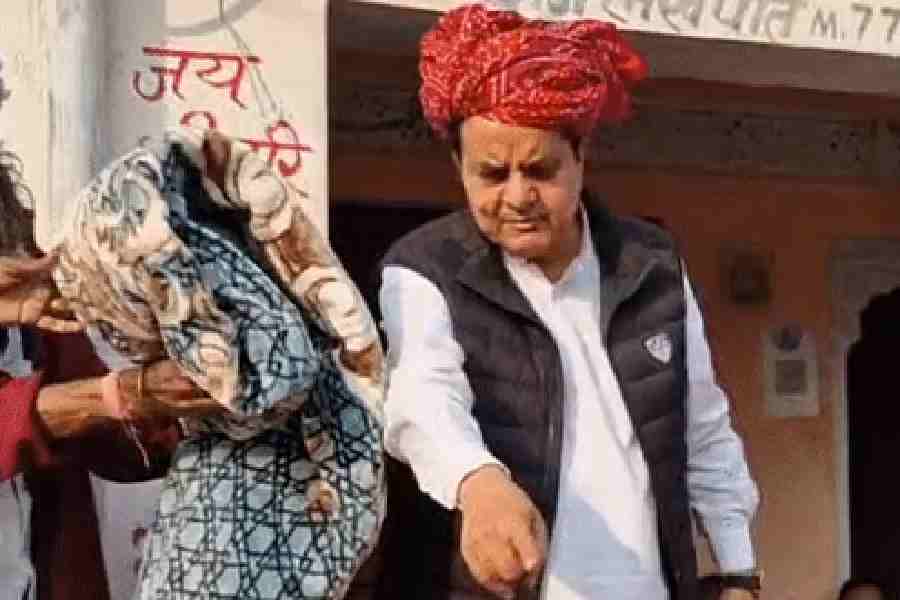 |
Critic Shamik Bandopadhyay met filmmaker Aparna Sen at The Bengal Club recently to discuss cinema — its past, present and future, and the issues plaguing the film industry. The event was titled ‘Face to Face with Aparna Sen and Shamik Bandopadhyay in conversation on the thee Bengali Films: Present Scenario and Future Outlook’. Excerpts...
On Young filmmakers
This is a new age of Indian films that has come to pass, and there are a lot of young filmmakers for whom, by the way, I feel a lot of affection for. But I also feel most of them somehow have confined themselves to the urban scene. I don’t find films that talk about people outside the metropolises. Most of our young filmmakers are urban-centric at the moment and are out to entertain.
Burning question
What is a little worrisome is that they keep making films one on top of another. I have asked them why they are doing this. There is a reason for it. We are paid very little. I decided very early that if I were to make films, I would do something else alongside. That’s why I became the editor of magazines… I wanted a job alongside which would keep the home fires burning. So that when I made my films, I would have the freedom to not compromise. I have suggested to many of them to make ad films, corporate films, so that they can make a living alongside and concentrate their creative energies on the film at hand.
A way out
I asked someone (producer) if you are not making money, why put money into the film? He said, ‘It’s an asset. Maybe five or 10 years down the line we can sell the film.” Television channels need software. So that’s one revenue model. If 100 films are made, maybe two are successful. Shree Venkatesh Films seems to have solved the problem. They make a basket of films. They make potboilers, and they have made films with directors like Ritu (Rituparno Ghosh) or me. Kamaleshwar’s (Mukherjee) Meghe Dhaka Tara is a minor masterpiece but it didn’t do well at the box office. When I asked the producers why they made the film, they said it made them feel good making the film. But you don’t have many producers like that.
Also, what would really be interesting, if there were an art theatre in Calcutta where somebody like Shamikda would give you the background of the film before it begins, so that you don’t go into it completely raw, uninformed… afterwards there could be a Q&A session where you talk about the film.
All filmmakers must ask themselves why they make films. How do I tell my stories? Why am I telling my stories through cinema? There are many ways to tell a story. Why cinema?
The turning away
What also is scary is that people, whom I find intellectual in their pursuits, for entertainment will see something light-hearted, and that they can laugh off. Who has laid down a rule that a film has to have a straightforward narrative? Why can’t we work in the mind space? When we read a serious book, some of us are ready to do some homework. Who said films don’t need homework? Why should it cater to the superficial? Why must it all be spelt out giving people a feeling that a film means you don’t have to think? Why don’t you have to think in a film? Maybe it’s time to include cinema as text in education.
state’s role
Why can’t we get state patronage for serious cinema? Why should cinema have this stigma that it is only entertainment? Cinema demands a certain amount of homework and concentration... now there’s a passive engagement with the text.










